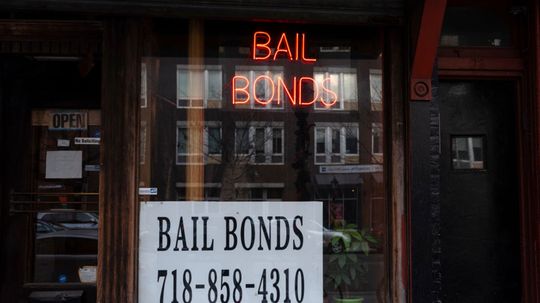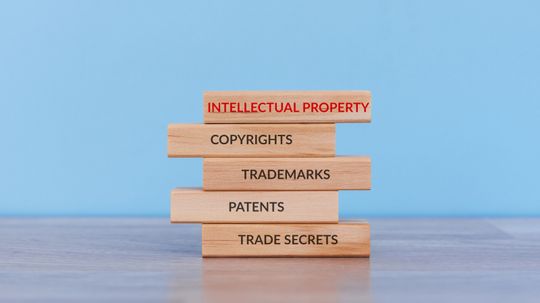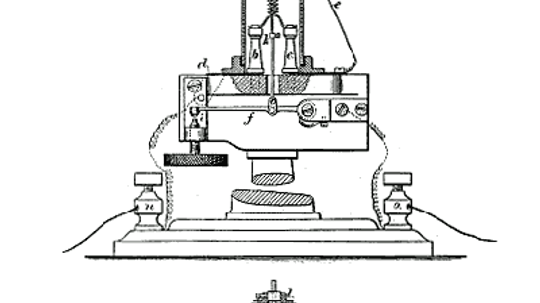Money & the Law
Money & the Law intersect in many interesting and often controversial ways. Check out the Money & the Law channel to see what happens when these two powerful forces cooperate or collide.

Want to Support Veterans? 4 Tips for Finding Good Charities

No Shave November Is More Than Mustache Month
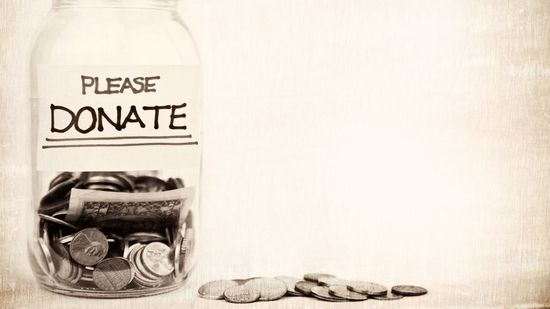
5 Questions to Ask Before Donating to a Charity
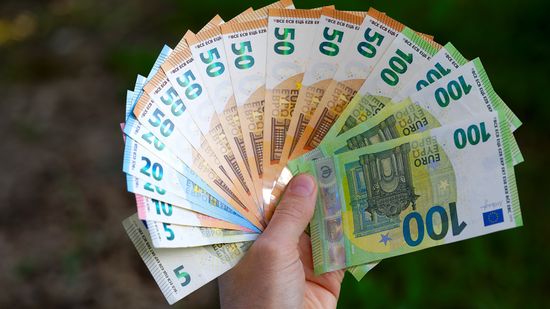
The Least Valuable Currency, Compared to the U.S. Dollar
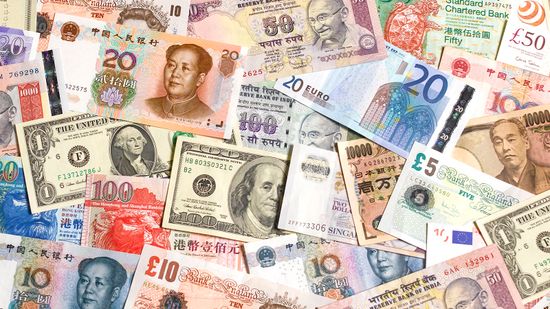
What Is the Strongest Currency in the World?
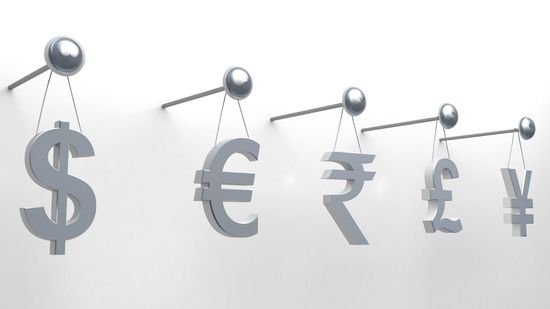
The Fascinating Stories Behind 5 of the World's Big Currency Symbols
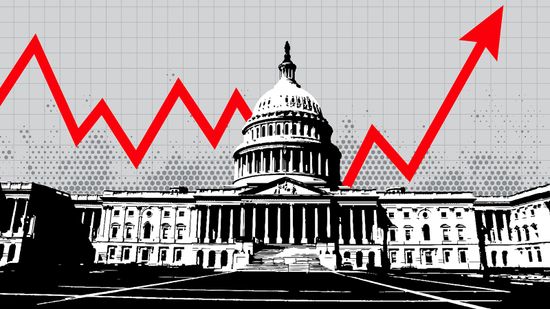
10 Largest Economies in the World, Ranked by Nominal GDP

What's the Most Expensive State to Live In?
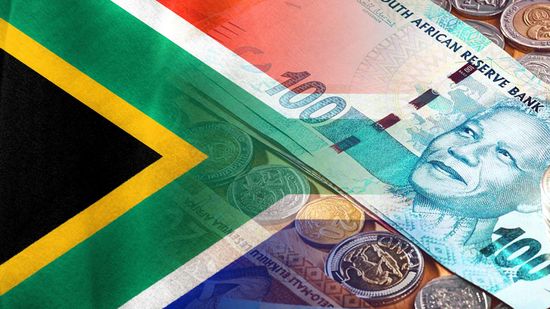
The Richest Countries in Africa, Based on GDP
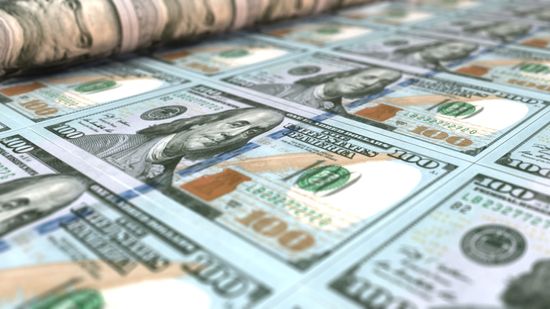
The 10 Countries With the Most Billionaires Span 4 Continents

How Many Billionaires Are in the U.S.? More Than Any Other Nation
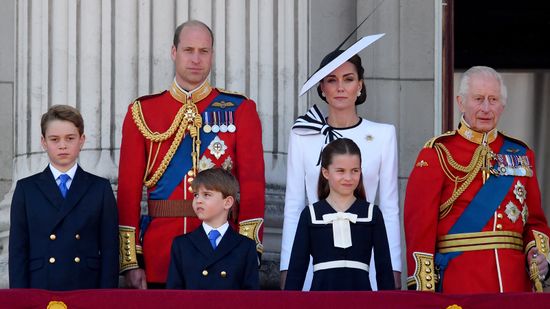
The Richest Kid in the World Is Worth $5B — Which Royal Is It?
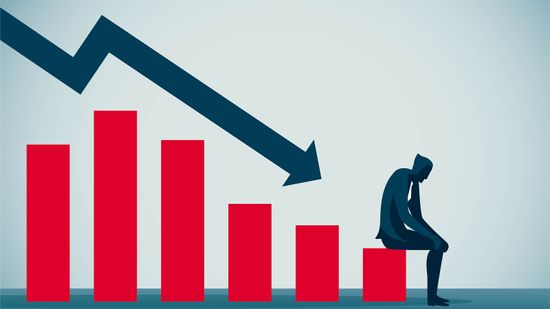
10 Worst Recessions in U.S. History, Listed Chronologically
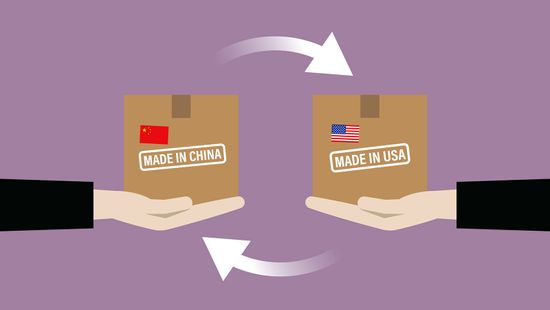
Retaliatory Tariffs, Trade Wars, Crashing Economies, Oh My!

Why the U.S. Monthly Jobs Report Matters

Neighbor-spoofing Robocalls Are the New Nuisance

The 10 Most Counterfeited Products in The World
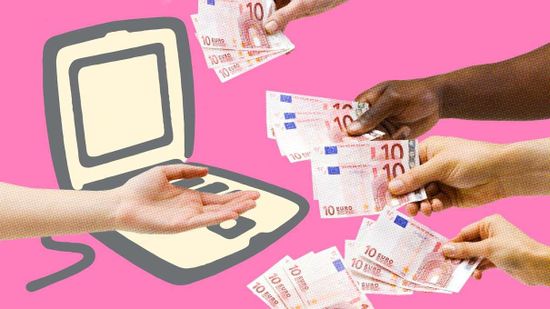
Crowdfunding or Crimefunding? Fraudsters Kickstart Money Laundering Campaigns
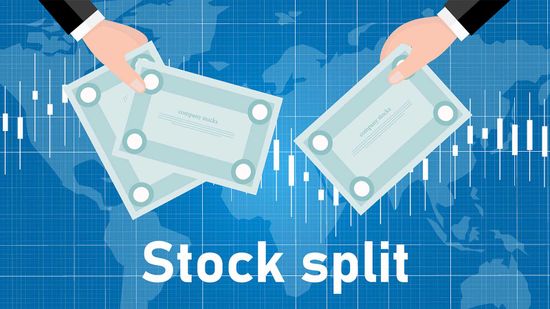
Why Big Companies Like Tesla and Amazon Are Splitting Stocks

What Time Does the Stock Market Open?
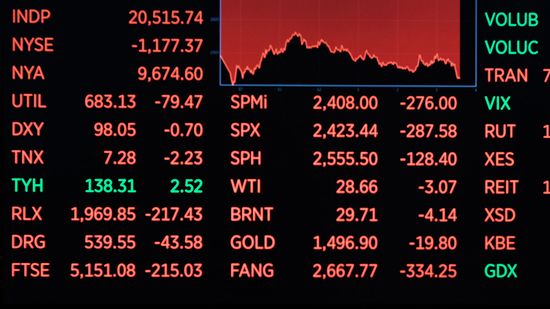
What Causes Stock Market Trading to Halt?

How to Volunteer to Help Disabled Veterans

10 Best Volunteer Activities in Retirement

Does the Peace Corps want retired volunteers?
Learn More / Page 2
We hope you'll never need to know the ins-and-outs of getting out of jail. Bail allows people to leave jail and continue their lives while awaiting trial. How does the bail system work?
Copyrights are the one of the only forms of intellectual property that have historical basis in the Constitution. All other forms rely on common or statutory law for enforcement. Learn how they work.
By Thomas L. Peterson
A trademark is concerned with a company's need to identify its goods or services among its customers and potential customers. Trademarks, such as Nike or Coca Cola, are known throughout the world.
By Thomas L. Peterson
Advertisement
The phrase intellectual property (IP) refers to the bundle of legal rights that arise from the creative genius of the human mind. Intellectual property has become an issue as the digital music market expands. Learn how it works.
By Thomas L. Peterson
The inventor's best friend (or worst enemy) is the patent system: If you're the first to come up with an idea, it's yours. But, if somebody beat you to it, it's back to the drawing board. Learn about patents.
By Tom Harris
Companies, such as Coke, are famous for protecting their "trade secret." What exactly is a trade secret and is it any different from patents? Find out the answer to this question in this article.
On the first or second page of many books, near the copyright notice, there is often a series of numbers that go "10 9 8 7 6 5 4 3 2 1". Why are these numbers there?
Advertisement
Why are most national contests in the United States, void in Rhode Island? And what does "void where prohibited" mean? Also, why are these contests open only to U.S. (and sometimes Canadian) residents?
Notations for copyrights and patents can be found on every single product you buy at the store. In this article, you can find out what copyrights and patents are, and how they differ from each other.
